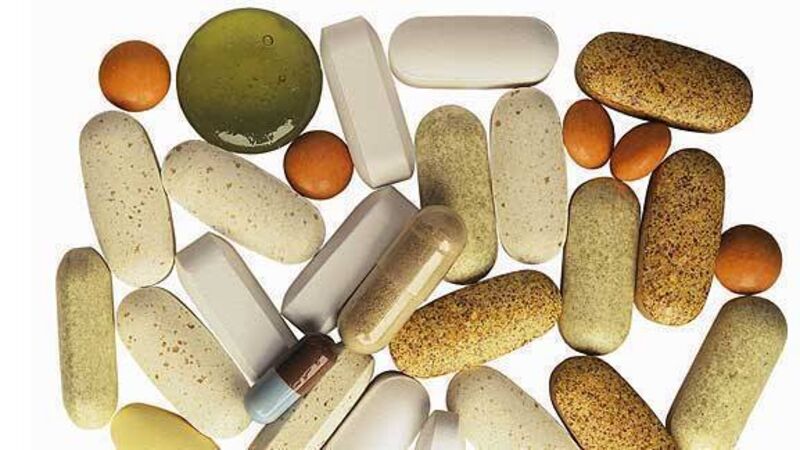Supplements are now a necessity

>> The short answer is yes, I believe that supplementation is necessary — particularly since our soils have become so depleted in nutrients, due in part to the modern practise of using chemicals in farming without replenishing organic matter.
The high demands for year-round produce have also led to fruit and vegetables being picked before they are ripe, being stored for too long after harvesting, or being sprayed or processed in a manner that enables a longer shelf-life. All of these factors play a role in reducing the available nutrients.











